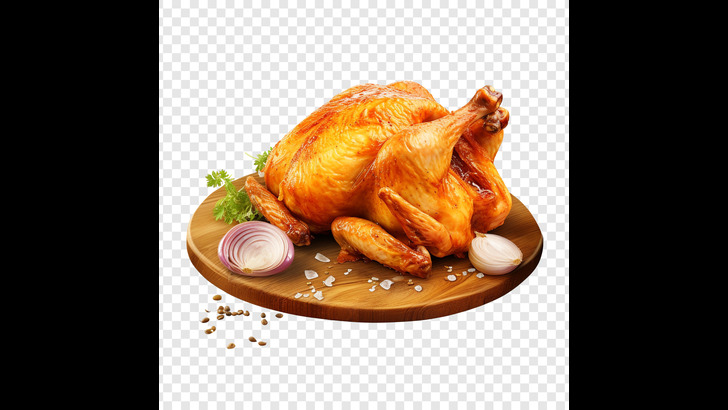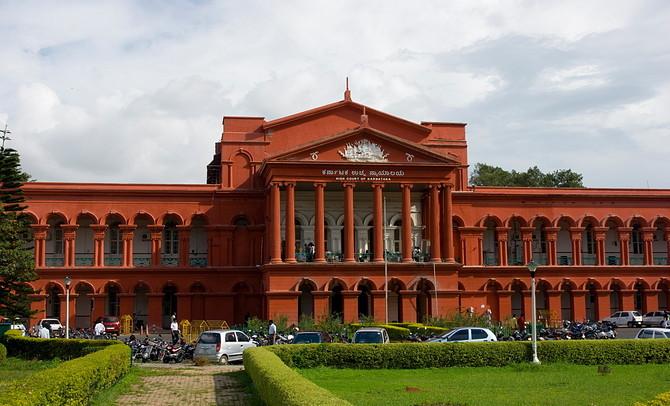Chicken prices go up, eggs cost less
This price disparity highlights the complexities of the poultry industry, where factors like feed costs and seasonal fluctuations can have localised effects
Salar News

BENGALURU, 1 APRIL
The residents of Bengaluru are
seeing price swings in poultry items. While the prices of eggs have dropped,
the chicken prices have drastically increased in the City.
This price disparity highlights the
complexities of the poultry industry, where factors like feed costs and
seasonal fluctuations can have localised effects. The main reason for the
chicken prices to increase is the ongoing drought plaguing Karnataka.
Lakshmanan S, a member of Broiler
Coordination Committee of Palladam in Tamil Nadu, told Salar News "The
drought has severely impacted the harvesting of soya and corn, key ingredients
in chicken feed. This shortage has pushed the prices to increase not only in
Mangaluru, but also in other districts of Karnataka.”
Palladam Broiler Rate is the
benchmark in Indian poultry industry and the broiler rates are fixed by Broiler
Coordination Committee.
Broiler chicken with skin, which
was costing Rs 175 in the third week of March, is now priced at Rs 235-240 per
kg and the skinless chicken, which was Rs 215 per kg, now cost Rs 265-270 per
kg. The summer season complicated matters. "The scorching sun and water
scarcity have forced 20-25% of poultry farms in the State to shut down,"
Lakshmanan said.
Egg prices come down
Unlike chicken, egg prices in Bengaluru have witnessed a surprising dip. Wholesale prices have dropped from Rs 6.50 to Rs 4.80 within one week. PV Senthil, the General Secretary of Livestock and Agri-farmers Trade Association and an exporter in Kaveri Group of Companies, told Salar News “This price decline can be due to two factors. The summer has reduced the shell life of eggs and traders don’t want to keep the stocks for a long. Another reason is the natural dip in egg production as hens lay fewer eggs in the scorching summer months.”
Leave a Reply
Your email address will not be published. Required fields are marked *














.jpg)




